Encounter with foreigners leads woman to realise she’s from “a sexually underdeveloped country”.
Women in Japan
She’s the first Japanese citizen to ever win a Grand Slam singles tournament, but in Japan it’s her race that’s been taking the spotlight.
Mothers always say to their daughters, “You’ll understand when you’re a mother,” and it’s so true.
The criticism of the bouquet toss has led many Japanese brides and grooms to omit it from their receptions entirely.
The status of women in Japan is changing and the Japanese language is being modified along with it. Let’s see how women are viewed these days by surveying some of the modern Japanese words used to describe them.
“From birth to death, a woman must never forget to display fondness and affection … a woman will surely experience a life of sorrow without it.”
Japan may be an awesome country, but for some Japanese people who’ve experienced life abroad, it’s just not for them anymore. Here are five reasons why.
Want to wear Hello Kitty accessories and still be taken seriously? In Japan you can. Here’s why.
During our Women in Japan series, we discussed some of the powerful reasons to be a woman in Japan. From a Westernised viewpoint, it’s sometimes hard to accept the fact that, while Japan is still very much a patriarchal society, many women (not all, but many) here don’t actually want to be out there smashing glass ceilings and “leaning in” at the office when instead they could be doing things that women were traditionally appreciated for in Japan, namely cooking, housekeeping and raising the kids.
If you’re still in doubt as to exactly what Japanese women think of the gender gap in their country, this informative street interview video from YouTuber Yuta Aoki should provide some answers.
One Piece is the top-selling manga of all time, with over 350 million volumes sold in Japan alone. For fans of the series, it’s a no-brainer why the comic is so popular. The author/artist Eiichiro Oda is a master storyteller, turning what could have been a run-of-the-mill shonen manga into something special. One Piece often tackles deeper themes including racism, abuse of power, justice, moral ambiguity, and of course, big dudes with sweet powers slamming into each other.
What’s even more surprising are the readership demographics. Nine out of ten people who buy One Piece are adults, and over half of the manga’s readers are women. This might make it seem like it appeals to everyone, but apparently that is not the case. Japanese Twitter user @ykhre recently tweeted a controversial essay, making her case for why One Piece, despite its broad appeal, is sexist.
According to the Global Entrepreneur Development Index (GEDI) that measures favorable conditions for women entrepreneurs, the US and Australia are ranked first and second respectively, while Japan places fifteenth, just behind Peru. Yet Japan fulfills many of the requirements to create a successful female entrepreneurial environment such as education, skills and access to capital.
In addition, women in Japan can overcome obstacles such as low salaries, long work hours and scant child-rearing options by owning their own businesses and calling the shots. So, what’s holding Japanese women back? It turns out that a large part of it may be Japanese women themselves.
Prime Minister Shinzo Abe’s “womenomics” scheme aims to get more women into the workforce in order to combat the shrinking and aging population and help spur the Japanese economy. While I believe women can save Japan, I don’t think it’ll be through womenomics. As any Japanese woman can tell you, it’s not as easy as it should be for females to work full-time in this country. In the Japanese business world, companies are loath to offer working conditions that males and females alike enjoy in other developed countries, such as reasonable work hours (40 hours a week with optional overtime), work sharing, flexitime and working from home. Whereas in the West the attitude is that as long as you get your work done on time, it doesn’t matter how you do it, in Japan emphasis is more on the hours put in at the office to show your loyalty to the company. Add to that additional cultural biases against gender, age, experience and returning to work after raising children, and you have a recipe for “eternal housewife.”
Clearly, the problem is deeper than merely hiring more women, or adding more day care centers, both actions Abe is pushing. But the good news is that there is a group of women who are beating the system, and who have been for some time now.
This week, as part of our Women in Japan Series, we introduce you to three female entrepreneurs who have successfully forged ahead in the business world by defining their own terms. They can support themselves financially, are able to live more freely, have time for their children and families, and work fewer hours than they’d have to in the corporate world. And the best thing about it? They’re regular women, just like you, me, or your partner. Drum roll please…
We at RocketNews24 previously told you about the awesome Wushu World Champion women fighters. While Japan has plenty of women who participate in Wushu (and have done rather well) more Japanese women have made names for themselves in karate, judo and taekwondo.
Japan leads the world in women’s judo and karate. Both are gendai budo martial arts, or modern Japanese martial arts that started from or after the Meiji Restoration (1866–1869). The ancient martial arts, such as jujitsu or naginatajutsu, predate the Meiji Restoration.
Women’s Judo, an Olympic sport, wasn’t instituted until the 1992 Barcelona Olympic games. While karate is not an Olympic sport, Japanese women have achieved top results in the Asian Games, the Karate World Championships, and the World Games. Japan also has a top woman in the traditional Korean martial art of taekwondo.
Let’s take a closer look at these leading Japanese martial arts practitioners who, even on a bad day could kick our collective arses.
We at RocketNews24 previously told you about 10 Things Japan Gets Awesomely Right. Now we want to tell you about ten more things that are equally awesome, but especially for women in Japan. It doesn’t mean that men don’t also find these things impressive, but we’re betting that some of these have never been noticed by men, because, well, they were designed with women in mind.
Every woman likes to be pampered every now and then, and in Japan it’s just too easy to get used to some of the every day niceties we enjoy! Of course the Japanese are known for being polite, which helps tremendously to get through any stressful day, but Japan goes that extra step sometimes to make things that much nicer. After all, it’s the little things in life that matter, right?
So here’s our list of 10 things that make it so darn nice to be a woman in Japan. Get ready, ’cause you’re gonna love these!
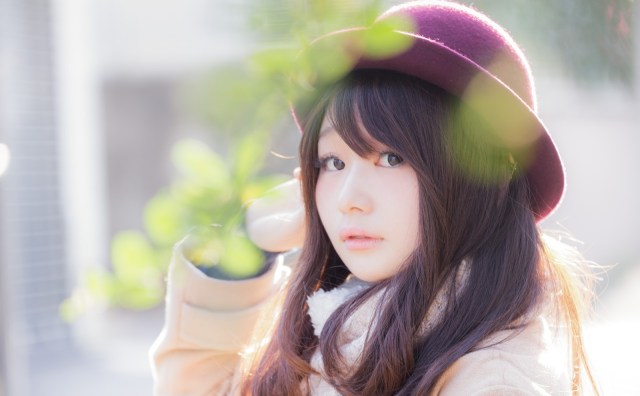

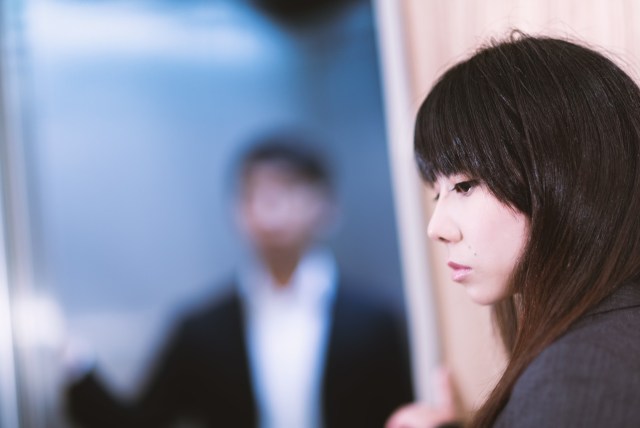


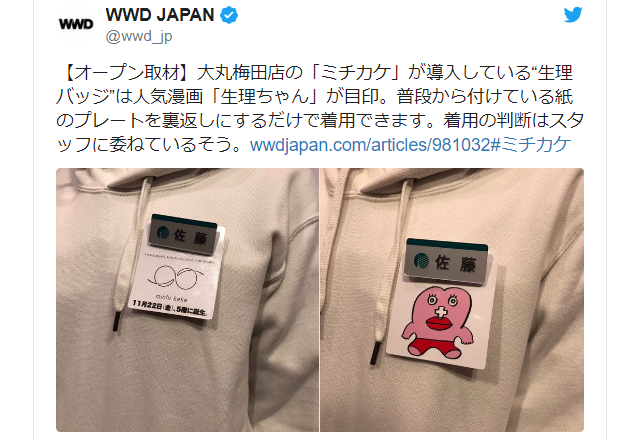



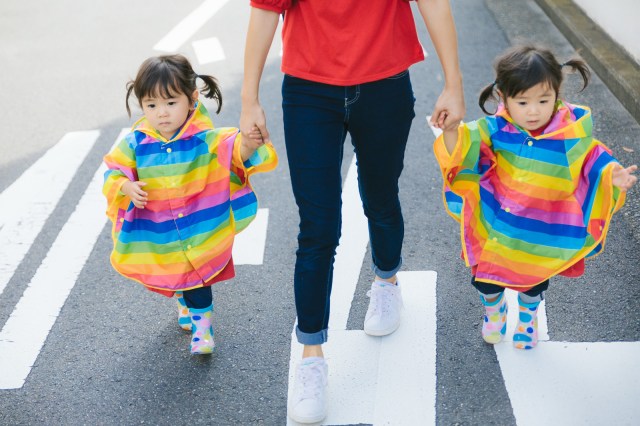

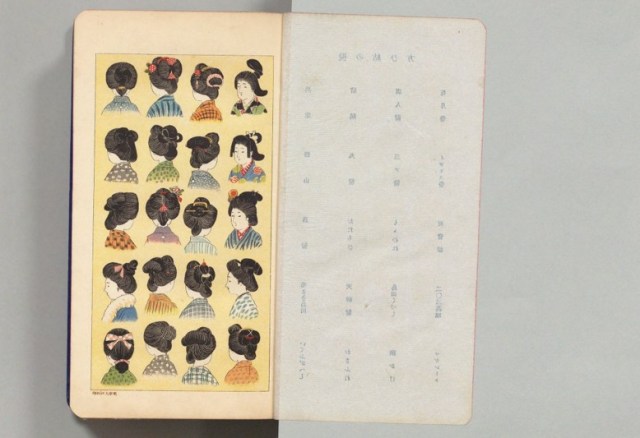


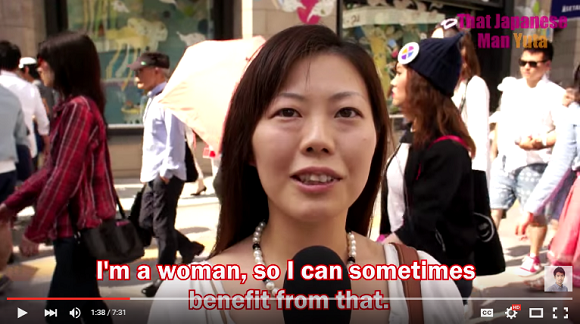


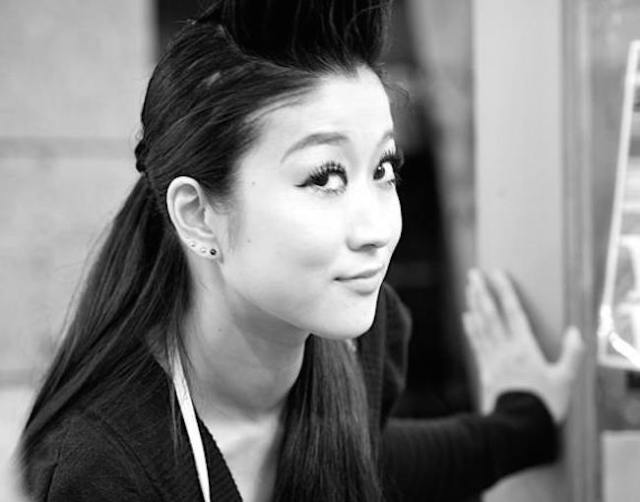
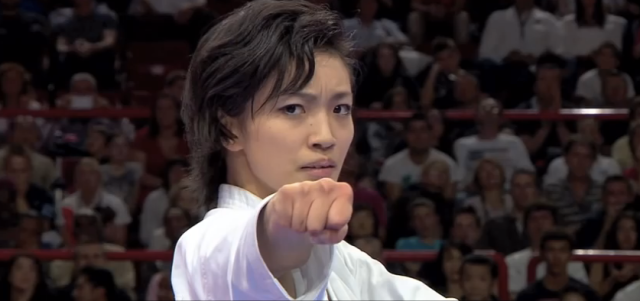
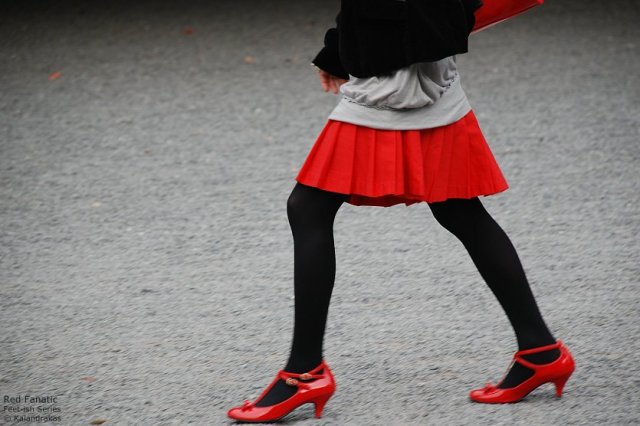
 Demon Slayer: Kimetsu no Yaiba gets new roller coaster attractions and food at Universal Studios Japan
Demon Slayer: Kimetsu no Yaiba gets new roller coaster attractions and food at Universal Studios Japan How to order snacks on a Shinkansen bullet train in Japan
How to order snacks on a Shinkansen bullet train in Japan New samurai glasses are Japan’s latest weird must-have souvenir
New samurai glasses are Japan’s latest weird must-have souvenir New Nintendo Lego kit is a beautiful piece of moving pixel art of Mario and Yoshi【Photos】
New Nintendo Lego kit is a beautiful piece of moving pixel art of Mario and Yoshi【Photos】 Nintendo history you can feel – Super NES, N64, and GameCube controllers become capsule toys
Nintendo history you can feel – Super NES, N64, and GameCube controllers become capsule toys High-fashion Totoro cuddle purse is like an elegant stroll in the forest【Photos】
High-fashion Totoro cuddle purse is like an elegant stroll in the forest【Photos】 Yabai Ramen: What makes this Japanese ramen so dangerous?
Yabai Ramen: What makes this Japanese ramen so dangerous? Studio Ghibli hair accessories keep your style tidy with help from Kiki, Moro, Calcifer, and more
Studio Ghibli hair accessories keep your style tidy with help from Kiki, Moro, Calcifer, and more Japan’s new difficult-to-drink-from beer glass protects your liver, but it’s a brutal experience
Japan’s new difficult-to-drink-from beer glass protects your liver, but it’s a brutal experience Doraemon found buried at sea as scene from 1993 anime becomes real life【Photos】
Doraemon found buried at sea as scene from 1993 anime becomes real life【Photos】 Hello, cosmetics! Clinique teams up with Hello Kitty this summer for first-time collaboration
Hello, cosmetics! Clinique teams up with Hello Kitty this summer for first-time collaboration “The most Delicious Cup Noodle in history” – Japan’s French Cup Noodle wins our heart【Taste test】
“The most Delicious Cup Noodle in history” – Japan’s French Cup Noodle wins our heart【Taste test】 Starbucks releases a cute Frappuccino and Unicorn Cake…but not in Japan
Starbucks releases a cute Frappuccino and Unicorn Cake…but not in Japan Kyoto Tower mascot termination reveals dark side behind cute Japanese characters
Kyoto Tower mascot termination reveals dark side behind cute Japanese characters McDonald’s Japan’s Soft Twist Tower: A phantom ice cream only sold at select branches
McDonald’s Japan’s Soft Twist Tower: A phantom ice cream only sold at select branches Finally! Nintendo Japan expands Switch 8-bit controller sales to everybody, Online member or not
Finally! Nintendo Japan expands Switch 8-bit controller sales to everybody, Online member or not Japanese government wants to build luxury resorts in all national parks for foreign tourists
Japanese government wants to build luxury resorts in all national parks for foreign tourists To combat declining birth rate, Japan to begin offering “Breeding Visas” to foreigners
To combat declining birth rate, Japan to begin offering “Breeding Visas” to foreigners 10 things you should buy at 7-Eleven in Japan
10 things you should buy at 7-Eleven in Japan Studio Ghibli releases anime heroine cosplay dresses that are super comfy to wear
Studio Ghibli releases anime heroine cosplay dresses that are super comfy to wear Woman charged for driving suitcase without a license in Osaka
Woman charged for driving suitcase without a license in Osaka Studio Ghibli unveils My Neighbour Totoro miniature house model
Studio Ghibli unveils My Neighbour Totoro miniature house model Kyoto experiencing problems with foreign tourists not paying for bus fares, but not on purpose
Kyoto experiencing problems with foreign tourists not paying for bus fares, but not on purpose Fighting mild hunger with a Japanese soda that turns into jelly in the stomach【Taste test】
Fighting mild hunger with a Japanese soda that turns into jelly in the stomach【Taste test】 Studio Ghibli’s Howl’s Moving Castle tapestry unveiled in Japan for first time
Studio Ghibli’s Howl’s Moving Castle tapestry unveiled in Japan for first time McDonald’s new Happy Meals offer up cute and practical Sanrio lifestyle goods
McDonald’s new Happy Meals offer up cute and practical Sanrio lifestyle goods Sales of Japan’s most convenient train ticket/shopping payment cards suspended indefinitely
Sales of Japan’s most convenient train ticket/shopping payment cards suspended indefinitely Sold-out Studio Ghibli desktop humidifiers are back so Totoro can help you through the dry season
Sold-out Studio Ghibli desktop humidifiers are back so Totoro can help you through the dry season Japanese government to make first change to romanization spelling rules since the 1950s
Japanese government to make first change to romanization spelling rules since the 1950s Foreigner’s request for help in Tokyo makes us sad for the state of society
Foreigner’s request for help in Tokyo makes us sad for the state of society Ghibli founders Toshio Suzuki and Hayao Miyazaki contribute to Japanese whisky Totoro label design
Ghibli founders Toshio Suzuki and Hayao Miyazaki contribute to Japanese whisky Totoro label design Tokyo’s most famous Starbucks is closed
Tokyo’s most famous Starbucks is closed Princesses, fruits, and blacksmiths: Study reveals the 30 most unusual family names in Japan
Princesses, fruits, and blacksmiths: Study reveals the 30 most unusual family names in Japan High-fashion Totoro cuddle purse is like an elegant stroll in the forest【Photos】
High-fashion Totoro cuddle purse is like an elegant stroll in the forest【Photos】 Yabai Ramen: What makes this Japanese ramen so dangerous?
Yabai Ramen: What makes this Japanese ramen so dangerous? Studio Ghibli hair accessories keep your style tidy with help from Kiki, Moro, Calcifer, and more
Studio Ghibli hair accessories keep your style tidy with help from Kiki, Moro, Calcifer, and more Japan’s new difficult-to-drink-from beer glass protects your liver, but it’s a brutal experience
Japan’s new difficult-to-drink-from beer glass protects your liver, but it’s a brutal experience Doraemon found buried at sea as scene from 1993 anime becomes real life【Photos】
Doraemon found buried at sea as scene from 1993 anime becomes real life【Photos】 Kyoto Tower mascot termination reveals dark side behind cute Japanese characters
Kyoto Tower mascot termination reveals dark side behind cute Japanese characters Japan Railways now has giant robots performing maintenance work via VR-goggled operators
Japan Railways now has giant robots performing maintenance work via VR-goggled operators Tokyo’s newest Domino’s branch serves no pizza, only milkshakes!
Tokyo’s newest Domino’s branch serves no pizza, only milkshakes! Extreme budget travel! Can you do a good weekend trip to Taiwan with 50,000 yen (US$370)? – Part 1
Extreme budget travel! Can you do a good weekend trip to Taiwan with 50,000 yen (US$370)? – Part 1 11 different ways to say “father” in Japanese
11 different ways to say “father” in Japanese Burger King Japan suddenly adds Dr. Pepper and Dr. Pepper floats to its menu nationwide
Burger King Japan suddenly adds Dr. Pepper and Dr. Pepper floats to its menu nationwide For-foreigners stamp rally begins in Akihabara, gives prizes for walking the otaku neighborhood
For-foreigners stamp rally begins in Akihabara, gives prizes for walking the otaku neighborhood Gigantic eight-floor anime figure shop skyscraper opening in Tokyo’s Akihabara this month
Gigantic eight-floor anime figure shop skyscraper opening in Tokyo’s Akihabara this month